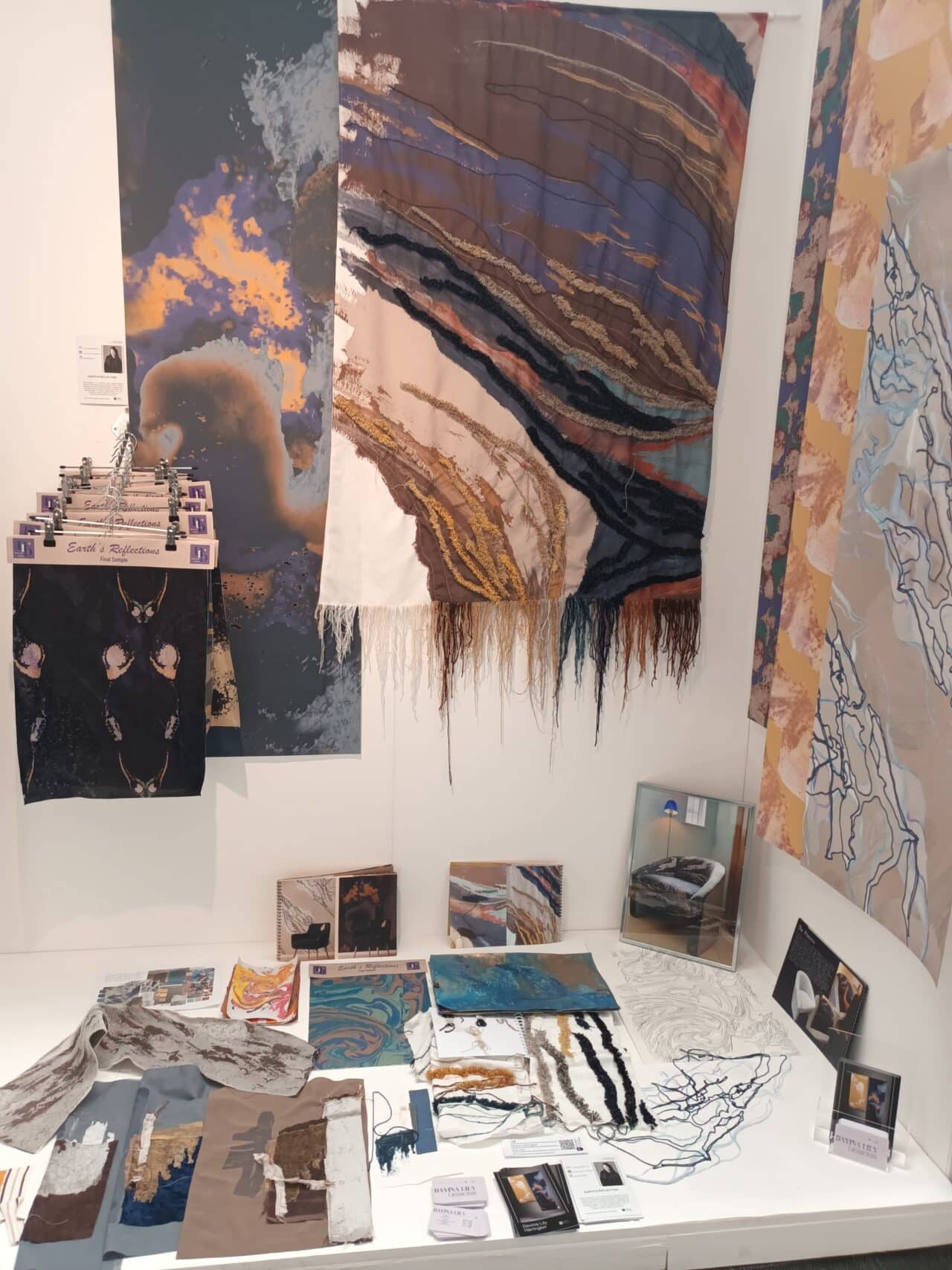Inventiveness in STEM: a closer look at scientific patents
As part of Headington’s lunchtime Science lectures, the department was privileged to welcome European Patent Attorney, James Horgan.
Emily (L5) reveals more…
James Horgan is a leading patent attorney in the UK and Europe’s biomedicine, chemistry and almost all areas of the latest inventions. He currently works for MSD which are at the forefront of drug development, oncology and vaccines and on the 17th of May he came in to talk to Headington students (and a couple of teachers) about patents, patent attorney and some crazy and brilliant inventions (and what to do/not to do when choosing a job). He introduced himself at first, and then asked us if we could explain what patents are. One of the most useful things I took away, is that patents are:
‘a government authority or licence conferring a right or title for a set period, especially the sole right to exclude others from making, using, or selling an invention.’ But they only last for 20 years, and then the patented invention becomes open and free for public use. This is great because instead of people carrying their secret recipe/invention to the grave, they can keep it legally protected and secret but then it will benefit the whole general public eventually. Patents must also be niche and new, so for example I can’t patent a water molecule (which would be ridiculous) but if I found/made a new molecule/type of molecule that did a specific thing, eg cure cancer, then if I wanted, I could patent that.
To clarify though – patents are for inventions. Copyright is for ideas, and is automatic, so your essay, or poem or story etc… are all automatically legally yours, copyrighted. And to add to this there are also trademarks (™) which stop company names being stolen, but I won’t go into detail. It was a really interesting talk and we learnt a bunch about anything and everything to do with patents. Thank you, James Horgan!
Izzy (L6) reflects….
James Horgan’s talk allowed us to see scientific developments and innovations from a different perspective. Despite the difficult concepts, he explained the details behind how patents work in a really informative and engaging way. The breadth of responsibilities of patent lawyers in the field of Medicine and Science generally was really interesting to see. James’s work as a lawyer seemed crucial to the furthering of pharmaceuticals and other products which made you think about all the different roles that contribute to scientific discoveries. We often define Science as the three main fields, Physics, Chemistry and Biology, and these sorts of talks make you realise that there is more to Science than these three subjects. I particularly enjoyed the examples given of patents he has worked on in the past as their variety makes his job seem really engaging and perhaps patent law is something I will consider in the future.



